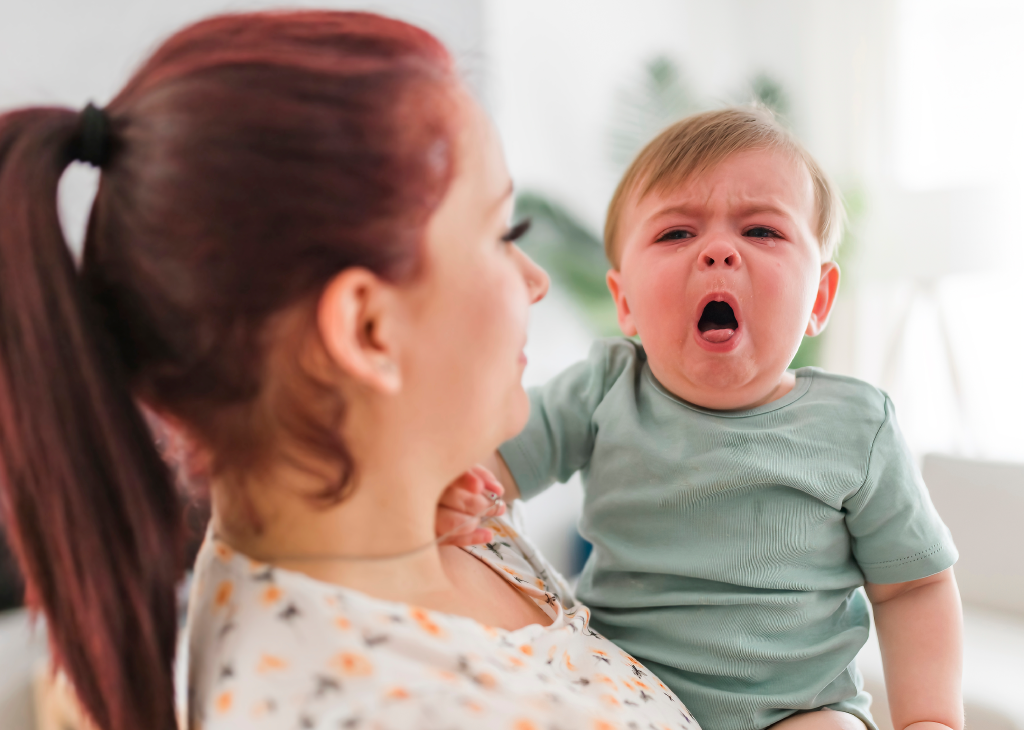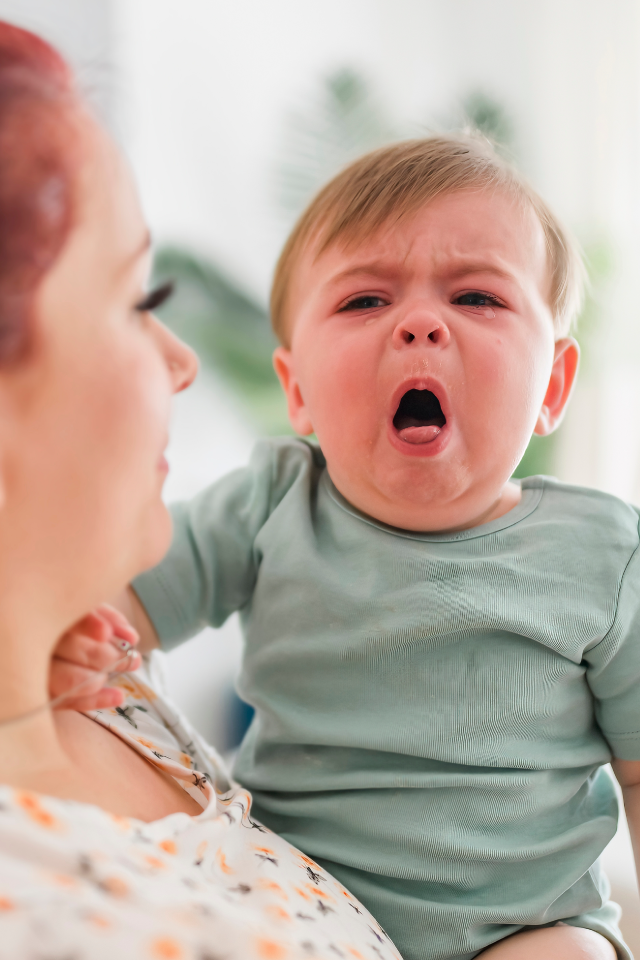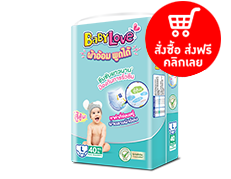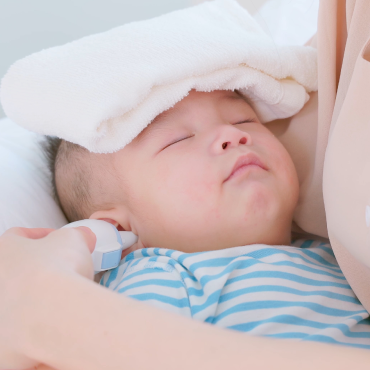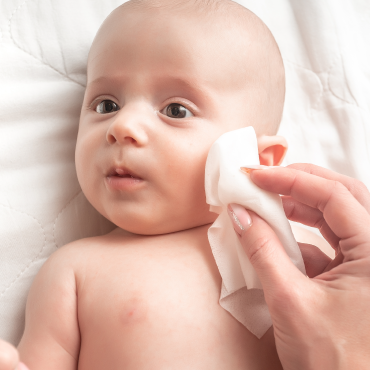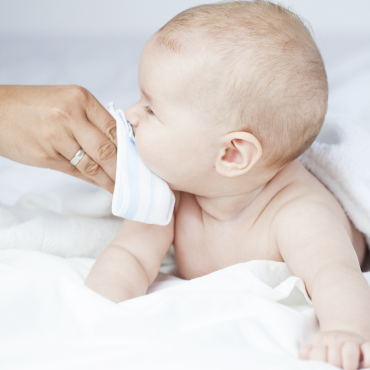Whooping cough, also known as the “three-month cough” or the “100-day cough” (Pertussis or Whooping Cough), is a respiratory infection caused by the bacterium Bordetella pertussis. This bacterium triggers a distinct coughing pattern in young children—typically a series of 5 to 10 rapid coughs or more, causing difficulty in breathing. This is followed by a deep inhalation that produces a high-pitched “whoop” sound, alternating with coughing fits. This characteristic pattern gives the illness its name, “whooping cough.” In some cases, the coughing can persist for 2–3 months, which is why it is also referred to as the “100-day cough.”
Whooping cough can occur at any age, from newborns to adults, but it tends to be much more severe in young children, especially during the first year of life. In addition to whooping cough, parents should also be cautious of another serious illness: pneumonia in children, which poses a significant health risk as well. https://cribchest.store/baby-tips/pneumonia-in-baby%3C/p%3E
The occurrence of whooping cough in young children often stems from incomplete vaccination or the fact that they haven’t yet received any vaccines. This is because the first dose of the pertussis vaccine is typically administered at 2 months of age, leaving infants without immunity and vulnerable to the disease during their early weeks of life.
Whooping cough is now relatively rare thanks to vaccination, but outbreaks have reemerged in recent years. This is because the immunity gained from childhood vaccinations gradually wanes 5 to 10 years after the initial shots. Sometimes, parents may miss the recommended booster doses scheduled at ages 4–6 and 10–12, as the vaccination intervals become more spread out during those years. As a result, whooping cough can resurface periodically.
• Signs of Whooping Cough in Young Children Parents Should Watch Closely
Whooping cough spreads easily through direct contact with respiratory droplets from coughing or sneezing. If a young child does not have immunity, they are highly susceptible to infection. In many cases, children contract the illness from adults in the household who are already infected and experiencing a cough. For adults, the symptoms of whooping cough often resemble those of a common cold, which can lead parents to overlook the risk. Because the symptoms in adults are typically mild, the infection can unknowingly be passed on to nearby infants, putting them at serious risk.
Therefore, if your child has been coughing continuously for more than two weeks—especially if the cough comes in fits, ends with a high-pitched “whoop” sound, or is followed by vomiting—it is important to take them to see a doctor right away, particularly if these symptoms occur during a known outbreak of whooping cough.
• Let’s take a look at which groups of children are most at risk for whooping cough:
• Children who have not received the pertussis vaccine according to the recommended schedule
• Children who are in close contact with adults in the household who are infected with whooping cough
Let’s check the symptoms of whooping cough for your little one:
Your child will begin showing symptoms 7–10 days after exposure to the bacteria. The illness progresses in three stages:
- Early Stage (Catarrhal Stage): This stage resembles a common cold, with symptoms like coughing, runny nose, mild fever, red eyes, and watery eyes. This stage lasts about 1–2 weeks and is the period when the disease is most contagious.
- Paroxysmal Stage (Severe Coughing Stage): During this stage, your child’s coughing will intensify, often coming in fits. They may cough so hard that they vomit or even turn blue from difficulty breathing, especially in younger children. This is the most critical stage to monitor, as it can lead to serious complications such as breathing pauses, pneumonia, eye hemorrhages, or seizures due to lack of oxygen. This stage can last anywhere from 2 to 4 weeks.
- Recovery Stage (Convalescent Stage): Coughing gradually decreases over 2–3 weeks. If there are no complications, the entire illness lasts around 6–10 weeks.
How to Manage Whooping Cough:
- Treatment with Antibiotics: The treatment for whooping cough involves antibiotics, which are most effective when started within the first 2–3 days of symptoms. Therefore, if you suspect your little one may have whooping cough, it is important to take them to see a doctor as soon as possible.
- Plenty of Rest: Ensure your child gets plenty of rest and refrain from outdoor activities.
- Stay Hydrated: Encourage your child to drink plenty of water, fruit juices, and soups to prevent dehydration.
- Small, Frequent Meals: Offer small meals more frequently to minimize the risk of vomiting when coughing occurs.
- Preventing the Spread of Infection: Teach your child to cover their mouth when coughing and ensure regular hand washing to prevent the spread of the disease.
• Prevention of Whooping Cough:
- Avoid Contact with Infected Individuals: Try to limit contact with people who have symptoms similar to a cold or who are diagnosed with whooping cough.
- For Adults with Cold-like Symptoms: If an adult in the household has symptoms similar to a cold, it is important to wear a face mask and avoid contact with the baby.
- Vaccination: The best way to prevent whooping cough is through vaccination.
- For Children:
- First dose at 2 months
- Second dose at 4 months
- Third dose at 6 months
- Fourth dose at 1.5 years
- Fifth dose at 4-6 years
- A booster dose is given at 10-12 years, and a booster shot is recommended every 10 years thereafter.
- For Pregnant Mothers: It is recommended that pregnant women receive a combined vaccine that includes pertussis, ideally between 27-36 weeks of pregnancy.
- For Adults in the Household: Vaccinating adults who live with young children can help prevent the spread of the disease to infants who are not yet fully vaccinated.
- For Children:
A heartfelt thank for useful information from Ms. Piyarat ‘Ann’ Lertbannaphong, M.D., a specialized pediatrician
Crated At 06/05/2025









